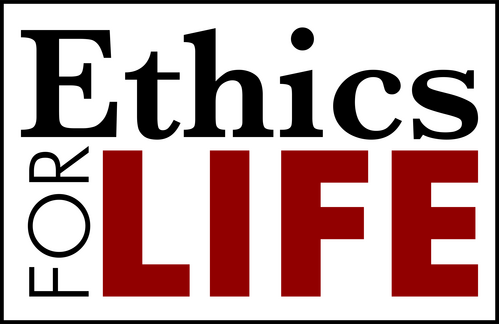Articles and Papers
Problem of Evil and Relationship to Book of Job
https://storage2.snappages.site/C78H8N/assets/files/Problem-of-Evil-and-Relationship-to-Book-88.pdf
The "Problem of Evil" explores why a just and omnipotent God allows suffering, a question central to philosophy and theology. The Book of Job provides a profound response, illustrating that human suffering is not always linked to personal wrongdoing. Job, a righteous man, endures immense suffering, challenging the belief that prosperity follows virtue. Instead of direct answers, God’s response emphasizes divine wisdom beyond human comprehension. Job ultimately submits to God’s authority, showcasing faith amidst suffering. The narrative suggests that trust in divine justice, rather than complete understanding, is key to grappling with the problem of evil.
The "Problem of Evil" explores why a just and omnipotent God allows suffering, a question central to philosophy and theology. The Book of Job provides a profound response, illustrating that human suffering is not always linked to personal wrongdoing. Job, a righteous man, endures immense suffering, challenging the belief that prosperity follows virtue. Instead of direct answers, God’s response emphasizes divine wisdom beyond human comprehension. Job ultimately submits to God’s authority, showcasing faith amidst suffering. The narrative suggests that trust in divine justice, rather than complete understanding, is key to grappling with the problem of evil.
KIERKEGAARD'S VIEWS ON FREE WILL
https://storage2.snappages.site/C78H8N/assets/files/KIERKEGAARDS-VIEWS-ON-FREE-WILL.pdf
Søren Kierkegaard's views on free will are deeply rooted in his existentialist philosophy, emphasizing individual choice, responsibility, and faith. He argues that true freedom comes not from external circumstances but from an inner relationship with God. Through concepts like the "leap of faith" and the "either/or" dilemma, Kierkegaard highlights the tension between aesthetic, ethical, and religious modes of life. He critiques deterministic views, asserting that human beings have the capacity for self-determination, though this freedom carries existential anxiety. Ultimately, he sees free will as essential for authentic existence, requiring both self-awareness and a commitment to transcendence.
Søren Kierkegaard's views on free will are deeply rooted in his existentialist philosophy, emphasizing individual choice, responsibility, and faith. He argues that true freedom comes not from external circumstances but from an inner relationship with God. Through concepts like the "leap of faith" and the "either/or" dilemma, Kierkegaard highlights the tension between aesthetic, ethical, and religious modes of life. He critiques deterministic views, asserting that human beings have the capacity for self-determination, though this freedom carries existential anxiety. Ultimately, he sees free will as essential for authentic existence, requiring both self-awareness and a commitment to transcendence.
The Problem of Evil
https://storage2.snappages.site/C78H8N/assets/files/Lesson-3-The-Problem-of-Evil.pdf
The document explores the “Problem of Evil” as a central challenge to belief in God, arguing that evil arises not from God but from human free will and sin. It emphasizes that evil is not a created thing but a distortion of good, and God allows free will to enable genuine love. The solution includes Christ’s sacrifice, which redeems suffering and evil. It challenges assumptions about human goodness, the value of suffering, and the need to understand all of God’s reasons. Hell is presented as a freely chosen separation from God, not a contradiction of divine love.
The document explores the “Problem of Evil” as a central challenge to belief in God, arguing that evil arises not from God but from human free will and sin. It emphasizes that evil is not a created thing but a distortion of good, and God allows free will to enable genuine love. The solution includes Christ’s sacrifice, which redeems suffering and evil. It challenges assumptions about human goodness, the value of suffering, and the need to understand all of God’s reasons. Hell is presented as a freely chosen separation from God, not a contradiction of divine love.
